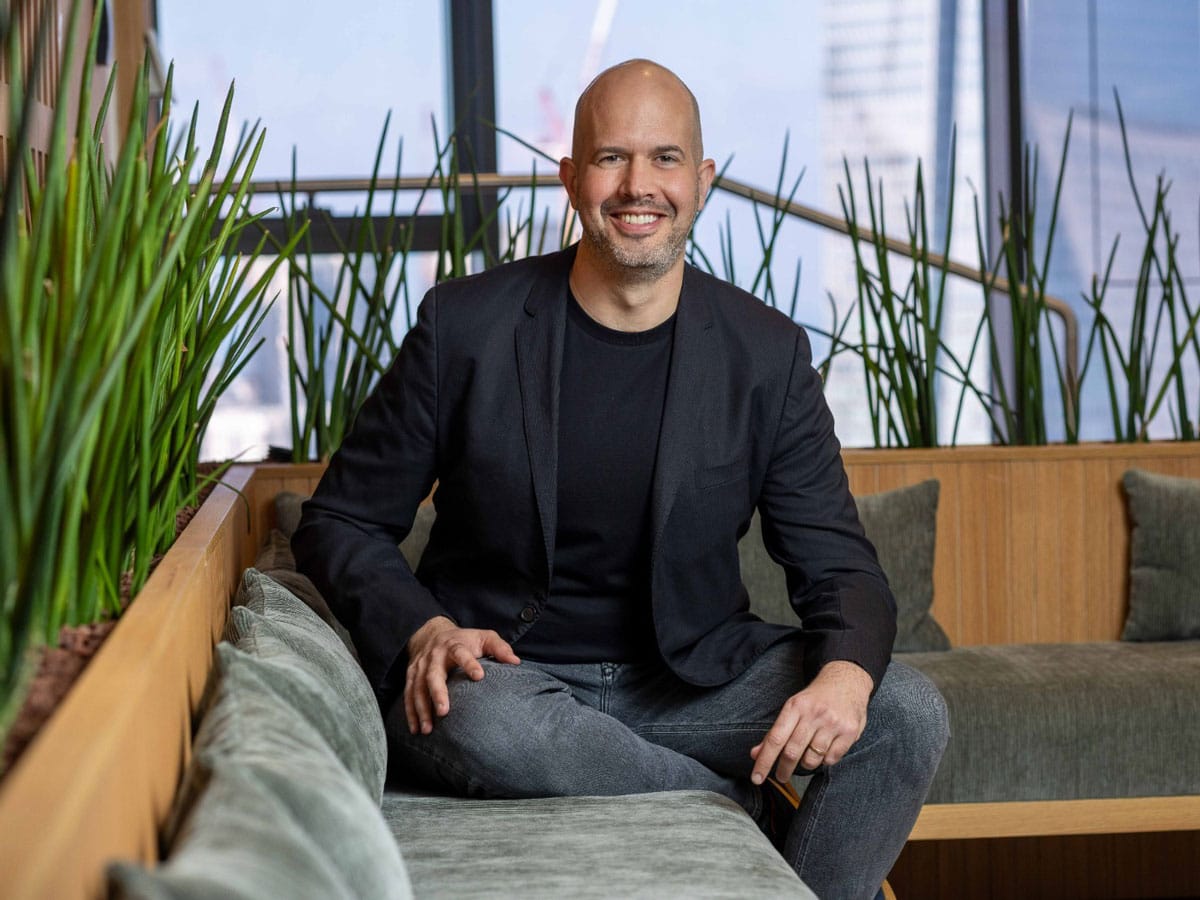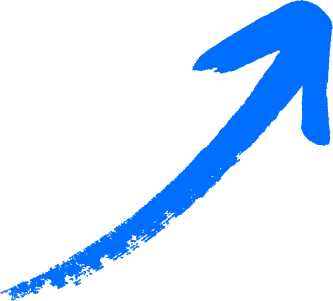Selective Investment Climate: The number of investment rounds dropped from 206 in Q2 to 162 in Q3, marking a consistent year-on-year quarterly decline of about 10% since the beginning of 2024. Notably, B-round funding has been particularly impacted, highlighting an increasing investor focus on selectivity. This trend reflects a more cautious approach by investors, influenced by macroeconomic and geopolitical factors. While total funding remains substantial, there is an evident shift toward scale and quality over quantity.
Public Funding Decline: Changing global perceptions around Israel and Israeli companies, alongside a broader decrease in IPOs, has led to a significant decline in public funding events for Israeli companies. Additionally, since April 2024, the Finder Nasdaq Index has tracked an expanding performance gap between Israeli public companies and the Nasdaq Equal-Weighted Index, suggesting growing concerns about public market performance.
Changing Global Investor Dynamics: The number of active global investors has decreased by just under 30% since the onset of the conflict, stabilizing at this lower level. However, those who remain active demonstrate a strong commitment to Israel’s tech ecosystem, with Sequoia Captial notably returning as a leading participant among global investors.
Content
Introduction
Executive Summary
Ecosystem Strength, Stability, and Challenges Ahead
As we mark a year of innovation amidst war, beginning with the profound impact of the tragic events of October 7th, 2023, the Israeli high-tech sector has demonstrated remarkable strength and adaptability. During Q1-Q3 2024, Israel’s tech ecosystem navigated a complex environment shaped by global economic volatility and ongoing geopolitical tensions. Despite these challenges, the sector continued to attract substantial global investment, reflecting both its stability and strategic importance.
Highlights
Private Funding Rebound: Estimated private funding grew by 30% year-on-year, with Q1-Q3 2024 estimated at $10.2 billion (based on $7.7 billion of reported deals and $2.5 billion in estimated deals), compared to an estimated $7.8 billion during Q1-Q3 2023 (based on $6.6 billion in reported deals). This growth underscores the ecosystem’s ability to attract investor confidence, even amidst market instability and conflict.
M&A Activity as a Vote of Confidence: M&A activity surged 40% to $12 billion in Q1-Q3 2024, up from $8.6 billion during the same period in 2023. This growth, driven largely by exits in business software and health tech, highlights sustained global confidence in Israel’s innovative capabilities, despite broader economic uncertainties.
Parity with the U.S.: Israel’s tech sector mirrored U.S. trends, with both markets achieving year-on-year increases in private funding despite quarterly declines. However, Israel saw a more pronounced year-on-year decrease in the number of rounds compared to the U.S., underscoring the need for cautious optimism. Nonetheless, Israel outperformed Europe in terms of relative funding stability, reinforcing its competitiveness on the global stage.
Areas to Watch
Sector Highlights
Health Tech: Health tech funding increased to $350 million, reflecting continued investor interest in this critical sector.
Business Software: A standout performer, business software raised $1.4 billion in Q3 2024, with $1 billion attributed to the high-profile startup Safe Superintelligence.
Cybersecurity: Following a strong first half, cybersecurity funding declined to $400 million in Q3, reflecting a slight cooling in the sector.
Fintech & Insurtech: Funding in these sectors fell to $77 million, indicating increased volatility.
Climate Tech: Funding in climate tech dropped to $49 million, showing fluctuating investor confidence in this emerging area.
In conclusion, Israel’s tech sector remains strong and stable, though challenges lie ahead. Private funding trends and M&A activity reflect cautious but sustained investor interest, with robust performance in business software and health tech. However, the decline in early-stage and B-round funding, along with decreased public funding, will be key areas to monitor for future growth and long-term sector sustainability.
Yariv Lotan,
VP of Digital Products, Development, Data and Insights
Ecosystem perspective

Sivan Shamri Dahan
Managing Partner at Qumra Capital
Concluding the third quarter of 2024, we cannot overlook the reality of the tragic events that began on October 7th, 2023. The devastating massacre has profoundly impacted us all, both personally and professionally. In times of crisis, the resilience of the Israeli spirit has been tested, and the high-tech ecosystem has demonstrated its leadership. From running war and operational centers, raising funds, supporting wounded families, and evacuees from the south and north. It has been a privilege to be a part of the tech community and contribute to our country during this crisis.
As we navigate these challenging times in Israel, the ongoing war impacts our daily lives, stability, and routines – both in startups and VCs. In the war’s initial months, up to 30% of employees in some startups were called to reserve duty, with several still actively serving. Startups in northern Israel remain unable to operate from their offices due to the daily threat of bombing.
It is inspiring to witness the continuous resilience of the Israeli tech sector, which remains strong. Despite the conflict, Israel kept its position as the third-largest global hub for capital raised, following Silicon Valley and New York. The capital raised through 2024 and more considerably in Q3 shows signs of stabilization, driven by a rise in mega-deals that highlight the market’s maturity and validate the ‘Scale-Up Nation’. While the global IPO market remains quiet, the M&A landscape is highly vibrant in Israel, with American multinationals still demonstrating a strong appetite for local innovations and partnerships.
Early-stage funding levels rebounded to pre-COVID healthy figures as in 2018-2019, injecting a fresh pipeline of startups into the Israeli tech landscape. In growth-stage investments, although still behind the trend in the US, the market is gradually recovering. We are starting to see a strong pipeline. The new generation of companies that are reaching late stages grew during the financial downturn post-COVID-19 and have not only demonstrated rapid growth but have also conducted efficient execution. We are also meeting experienced CEOs who acknowledge the importance of growing large companies out of Israel and continue to raise funds for their more mature companies in order to successfully achieve market leadership. Concurrently, inflated valuations from 2020-2022 have given way to more realistic assessments, including flat or down rounds. While we’ve witnessed fewer foreign investors actively deploying in Israel during the past year, we trust that US and European funds that maintained a strong presence in Israel in previous years will return.
Entering the last quarter of 2024 and looking forward towards 2025, we believe that the current war brings a new wave of innovation in various fields. Some are new and exciting, such as AI and Defense Tech. The exceptional technological skills, outstanding entrepreneurship, talent, Israeli investors, robust supportive ecosystem, and startups will drive recovery and economic growth, propelling our society forward.

Idan Tendler
SVP at Palo Alto Networks
Chairman at Place-IL
The past year, the most challenging in Israel’s history, has demonstrated that the Israeli tech sector is resilient and stable. It has faced difficulties while maintaining a strong focus on execution and significantly contributing to the country’s security and civilian efforts.
Despite the clear decline in global investments and a drop in new startups, Israel continues to foster innovation and leadership through groundbreaking entrepreneurs and teams. Over the past year, more investments have been directed toward large funding rounds for established companies in the growth stage, indicating an increase in the number of mature companies in the Israeli market, but also potentially reflecting hesitancy from global investors regarding early-stage startups.
Nonetheless, the most significant portion of investments has been—and continues to be—in the core Israeli cybersecurity field, accounting for about a third of all investments. New startups have emerged in diverse categories, many led by experienced second-time founders. Major multinational companies, such as Palo Alto Networks, continue to invest in local creativity, acquiring Israeli startups for a total value of around $1 billion during the war. This demonstrates strong confidence in the Israeli industry, where innovation and execution remain key hallmarks.
Today, it is clearer than ever that Israeli high-tech must expand into additional core areas. There is a unique opportunity for global innovation and leadership in defense sectors, and it is essential to strategically enter various fields of AI—from infrastructure to AI-based applications—otherwise, we risk losing our competitive edge in the growing global landscape.
If there is any comfort and encouragement from the past year, it is that Israeli high-tech continues to take responsibility and show commitment to what is happening in society. At Place-IL, we see a significant commitment from hundreds of high-tech companies to recruit talent from peripheral areas and from Arab and Haredi communities, Olim, Ethiopian Jews, and Druze communities. The Israeli tech sector is a central building block in the country’s ability to rehabilitate and foster growth in the Negev and Galilee while breaking down barriers between the periphery and the center. The change is already underway, but it depends on all of us to ensure it thrives.
Ecosystem Analysis
Landscape
Looking at the year-to-date comparison, private funding for Q1-Q3 2024 increased 18%, reaching $7.7 billion, compared to $6.6 billion over the same period in 2023. However, public funding declined 65%, from $1.4 billion in Q1-Q3 2023 to $0.5B million in 2024. M&A activity continued to thrive, with a 39% increase from $8.5 billion in Q1-Q3 2023 to $11.9 billion in 2024.
Tech Companies
Active Investors
Private Funding
Private Funding Trends
In Q3 2024, Israel’s reported private funding dropped by 27% quarter-over-quarter to $2.5 billion. However, compared to Q3 2023, this represents a 13% increase. When accounting for unreported rounds and rounds with undisclosed amounts, estimated total funding stands at $3.1 billion.
The number of rounds in Q3 2024 was 162, down from 206 in Q2 2024. This represents a continued slowdown on trend with recent quarters.
Startup Nation Central remains unique in estimating unreported rounds and undisclosed amounts, providing a comprehensive view of the investment landscape.
Top Funding Rounds
In Q1-Q3 2024, the Israeli tech ecosystem saw 16 mega-rounds (above $100 million), up from 14 in H1 2024. These mega-rounds accounted for $1.1 billion, or 45% of private funding. For comparison, these accounted for 62% of all deals in Q2 and 38% in Q1. The largest deal in Q3 was Safe Superintelligence at $1 billion, 41% of the total funding in this quarter.

Here is a list of all companies that raised funds during Q1-Q3 2024.
Global Comparison
In Q3 2024, funding in the United States declined 37% compared to the previous quarter, with $37.4 billion invested. This is similar to Israel’s 27% decline. Despite this decrease, the U.S. still managed a 10% year-on-year increase, demonstrating resilience. This mirrors Israel’s 13% year-on-year growth, emphasizing the strong correlation between the Israeli ecosystem and the U.S. which has remained strong despite the ongoing war.
Unlike the U.S. and Israel, Europe faced a sharp decline, with funding plummeting 42% to $11.2 billion from Q2 2024, and down 41% compared to the same quarter last year.
In contrast, Asia experienced an 50% quarterly increase to $26.7 billion, though it still fell 12% year-over-year compared to Q3 2023. These figures underscore global challenges in the tech investment landscape, with significant declines in Europe and mixed performance in Asia, and the U.S. maintaining growth despite the global downturn.
Israel
USA
Europe
Asia
Leading Investors
OurCrowd continues to be the leading investor with 65 investments in Q1-Q3 2024. iAngels followed with 20 investments. Among global investors, NFX Capital, an American VC, leads the chart with 11 investments.

Here is a list of all investors who participated in funding rounds during Q1-Q3 2024.
Israeli Investors
Global Investors
Investment Stage
In Q3 2024 early-stage rounds dropped to 65 from 100 in Q2, yet still accounted for 80% of total funding rounds. Late-stage rounds maintained an 18% of share as in the previous quarter, while mid-stage rounds comprised only 2% – the lowest since Q1 2023.
Private Funding Deal Share - by Round Type
Private Funding Deals - by Round Type
Investor Origin
In Q3 2024, the Israeli tech investment landscape saw 130 active investors marking a 10% decline compared to the previous quarter. 38% of these investors are global, which is in line with the long-term average.
The share of rounds with solely global investors continued to decrease and reached 30% in Q3 following the drop that started in Q1. However, the share of rounds with at least one global investor participating (alone or with an Israeli investor) is continuing an upward trajectory from 49% in Q1 to 54% in Q3.
Share of Funding Rounds by Investor Origin Combination
Funding Rounds by Investor Origin Combination
Mergers and Acquisitions
M&A Trends
Q3 2024 experienced continued momentum with a third consecutive increase. Exits reached $5.3B, 10% rise compared to Q2 2024, and a 39% increase from $8.5 billion in Q1-Q3 2023 to $11.9 billion in Q1-Q3 2024.
Business software dominated the M&A landscape this quarter, reaching $2.5B and accounting for 40% of exits and 47% of total deal amount. Health tech is second with $1.4B.
Public Companies
Public Funding Trends
Public company funding took a notable downturn in Q3 2024, with total amounts falling to $162 million, down from $450 million in Q2. Public Offerings (POs and IPO’s) were especially impacted, reflecting cautious market sentiment. The overall funding landscape has slowed significantly, with figures now trailing far behind the peak levels seen during the 2020 – 2022 investment boom.
Finder NASDAQ Index
Since the onset of the war in October 2023, Israeli tech companies have faced heightened challenges, reflected in the updated Finder Nasdaq Equal Weight (EW) Index. The initial period showed a sharp decline relative to the equivalent Nasdaq EW Index, highlighting the immediate market reaction to geopolitical tensions. Despite recovery efforts, and parity between February and April 2024, the trend took a negative turn as various credit rating downgrades from multiple agencies were issued. Since then, the gap between the Finder Nasdaq EW Index and the Nasdaq EW Index has continued to widen.
Sector Analysis

Health Tech
The health tech sector recovered slightly in Q3 2024, with private funding reaching $349 million, up from $322 million in Q2. This rise in private funding was contrary to the general trend. While the sector still faces challenges, the increase reflects ongoing interest in health-related technologies. Private funding dropped by 37% year-over-year, from $1.31 billion in Q1-Q3 2023 to $831 million in Q1-Q3 2024. Public funding remained minimal, with only $80 million raised through PIPE, and no significant public offerings recorded this quarter.

Here is a list of all health tech companies that raised funds during Q1-Q3 2024, and a list of all investors who invested in health tech companies during Q1-Q3 2024.
- Private Funding
- Funding for Public Companies
Most Watched Companies
Leading Investors

Climate Tech
The climate tech sector faced a challenging quarter in Q3 2024. While Q2 2024 saw a surge with $328 million in private funding, Q3 experienced a significant decline, dropping to $48.6 million—a 85% decrease quarter-on-quarter. However, the steep drop in Q3 highlights ongoing volatility within the sector, particularly when compared to its stronger performance earlier in the year. Private funding declined by 24%, with funding falling from $865 million in Q1-Q3 2023 to $655 million in Q1-Q3 2024.
Public funding followed a similar trend, with PIPE funding remaining active but with lower overall activity compared to previous quarters.

Here is a list of all climate tech companies that raised funds during Q1-Q3 2024, and a list of all investors who invested in climate tech companies during Q1-Q3 2024.
- Private Funding
- Funding for Public Companies
Most Watched Companies
Leading Investors

Fintech & Insure Tech
Fintech & insure tech private funding dipped to $77 million in Q3 2024, down from $272 million in Q2. This reflects investor caution in this sector. Private funding decreased by 7%, dropping from $601 million in Q1-Q3 2023 to $558 million in Q1-Q3 2024. There was no notable public funding in Q3, either through PIPE deals or public offerings, highlighting a challenging quarter for public market activities.

Here is a list of all fintech & insure tech companies that raised funds during Q1-Q3 2024, and a list of all investors who invested in fintech & insure tech companies during Q1-Q3 2024.
- Private Funding
- Funding for Public Companies
Most Watched Companies
Leading Investors

Cybersecurity
The cybersecurity sector in Israel saw a decline in private funding in Q3 2024, dropping to $399 million, a significant reduction from the robust $1.77 billion raised in Q2 2024. There were no notable public offerings or PIPE deals during this quarter, marking a relatively quiet period for public funding in this sector.
While Q3 reflects a pullback in overall funding, cybersecurity continues to lead Israel’s tech landscape with its resilience and by adapting to evolving global security needs. The sector saw a substantial 75% increase in private funding, rising from $1.75 billion in Q1-Q3 2023 to $3.07 billion in Q1-Q3 2024.

Here is a list of all cybersecurity companies that raised funds during Q1-Q3 2024, and a list of all investors who invested in cybersecurity companies during Q1-Q3 2024.
- Private Funding
- Funding for Public Companies
Most Watched Companies
Leading Investors

Business Software
The business software sector in Israel saw a sharp rebound in private funding during Q3 2024, reaching $1.43 billion, a significant increase from $416 million in Q2. This marks a strong recovery for the sector, suggesting renewed investor confidence. Private funding surged by 60%, growing from $1.26 billion in Q1-Q3 2023 to $2.02 billion in Q1-Q3 2024. On the public front, activity was minimal with only $7.9 million raised through PIPE funding and no public offerings recorded during the quarter.
The sector’s impressive growth in private funding, combined with the active support of leading investors, indicates a strong trajectory in areas like enterprise software, cloud solutions, and AI-driven business tools.

Here is a list of all business software companies that raised funds during Q1-Q3 2024, and a list of all investors who invested in business software companies during Q1-Q3 2024.
- Private Funding
- Funding for Public Companies
Most Watched Companies
Leading Investors
Methodology Notes
- The report is based on the Startup Nation Finder database.
○ Except for US, Europe and Asia metrics in the Global Comparison section which are based on Pitchbook. - It is a snapshot of Q1-Q3 2024 activity as of September 30th, 2024.
- Figures might be further revised in the future. Figures in this report may be different from the figures in prior published reports.
- The definition and criteria for companies and investors can be found in the Finder Glossary under the terms “Companies” and “Investors,” respectively.
- Active Investors are defined as investors with at least 1 investment round in Q1-Q3 2024 and meeting the criteria in the Finder Glossary.
- Aggregate metrics may include rounds that are not visible in Finder, per the request of the profile owners.
- Climate tech is not considered a primary sector therefore companies may be included in multiple sectors.
- Funding Type definitions:
○ Private Funding includes the following round types: Pre Seed, Seed, A, B, C, D, E, F, G Rounds, Convertible Debt, SAFE, Equity Crowdfunding, and Undisclosed rounds.
○ Funding for Public companies includes the following event types: IPO (including IPO via SPAC or Reverse Merger), Non-Initial Public Offering, PIPE.
○ The following events are excluded: Crowdfunding, Debt Financing, Secondary, and Grants. - The Most Watched Companies in each sector are based on page views in Finder.
- Finder Index data was calculated using data from Finder and Nasdaq stock exchange data. The calculation methodology has been refined since it was first introduced in the H1 2024 report. For an explanation of the methodology for the index creation contact the authors.
- Links to lists are dynamic and provide current snapshots, so the results might not exactly match the figures in the report.

About Us
Startup Nation Central is a free-acting NGO providing global solution seekers frictionless access to Israel’s bold and impatient innovators to help tackle the world’s most pressing challenges.
Deeply immersed in the Israeli technology ecosystem, we provide a platform that nurtures business growth, influences policies, and cultivates partnerships with corporations, governments, investors, and NGOs to fortify Israel’s economy and society.
Our free business engagement platform, Finder, grants unrestricted access to real-time, updated information and deep business insights into the Israeli tech ecosystem. Whether you are a global investor, a multinational corporation, or an Israeli startup seeking like-minded entrepreneurs, Finder enables you to discover, explore potential opportunities, and forge valuable business connections.
This report was composed by Aaron Gefen, Senior Business Data Analyst; Ahmad Sarsor, BI Developer; Eran Igelnik, Business Data Analyst; and Einat Ben Ari, Head of Data and Insights.
Report Editor: Yariv Lotan, VP of Digital Products, Development, Data and Insights.